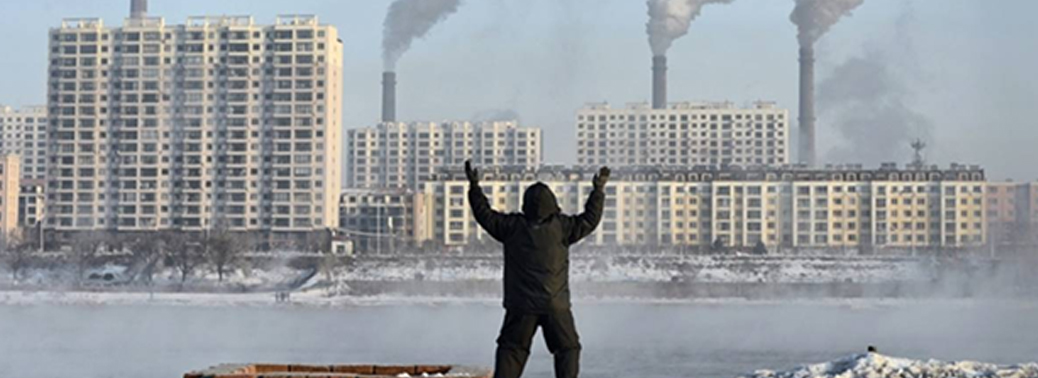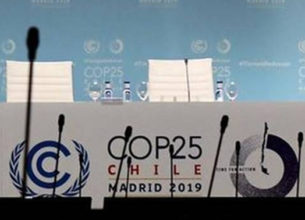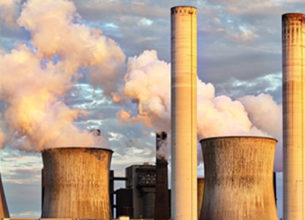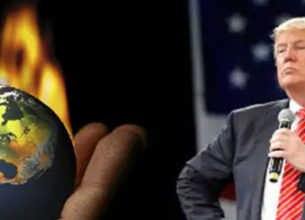COMMON BUT DIFFERENTIATED RESPONSIBILITIES AND RESPECTIVE CAPABILITY (CBDR-RC)
30, Nov 2019

Prelims level : Climate Change and its Impacts
Mains level : GS-III Conservation, Environmental Pollution and Degradation, Environmental Impact Assessment
Why in News?
- India will insist upon the principle of ‘equity and common but differentiated responsibilities’ at next week’s COP-25 in Madrid, Spain.
CBDR-RC:
- It is a principle within the UNFCCC that acknowledges the different capabilities and differing responsibilities of individual countries in addressing climate change.
- In simpler terms, it means that while all countries should do their best to fight global warming, developed countries – with deeper pockets, which were primarily responsible for the climate mess – should take a bigger share of the burden than the developing and under-developed countries.
India’s agenda at COP-25:
- India will stress upon the need for fulfilling pre-2020 commitments by developed countries.
- The ‘pre-2020 period commitments’ refers to the promises made by the developed countries under the Kyoto Protocol — developing countries faced no binding commitments under the protocol.
Paris Agreement (COP-21):
- The Paris Agreement that was signed by all countries (and since ratified by the required number of countries) was hammered out in the 21st COP, in 2015.
- In that agreement, all countries agreed upon a common target of “2 degrees Celsius” – they resolved not to allow the world to warm more than 2 degrees over the average temperatures that existed in the pre-industrialisation period of the mid-19th
- To limit global warming to not more than 2 degrees, all countries brought in their own action plans — NDCs — and pledged to walk the talk.
- They also agreed that the developed countries should mobilise funds for the developing countries to undertake climate-action projects — but neither any quantum of funds nor the nature of such funds was specified.
- In general, it was agreed that the developed countries would provide technology and that all countries would sit for a review of the status once in five years – called ‘global stocktake’ – and would “raise ambition”.













